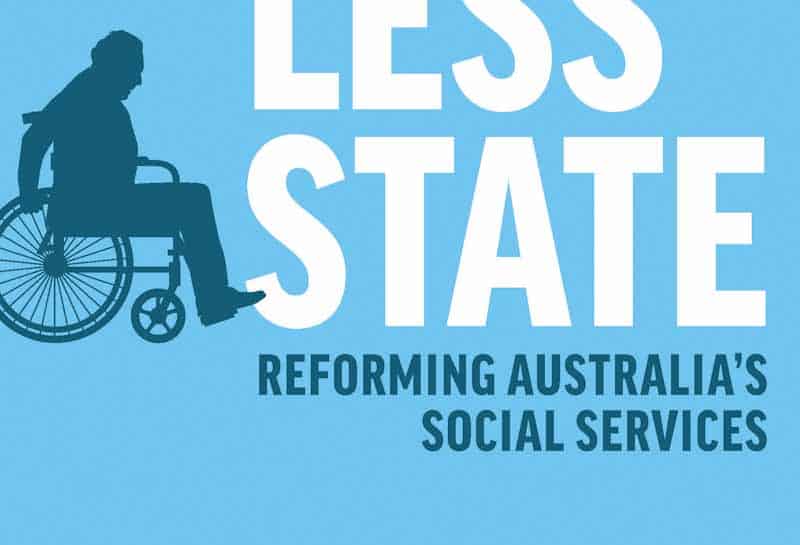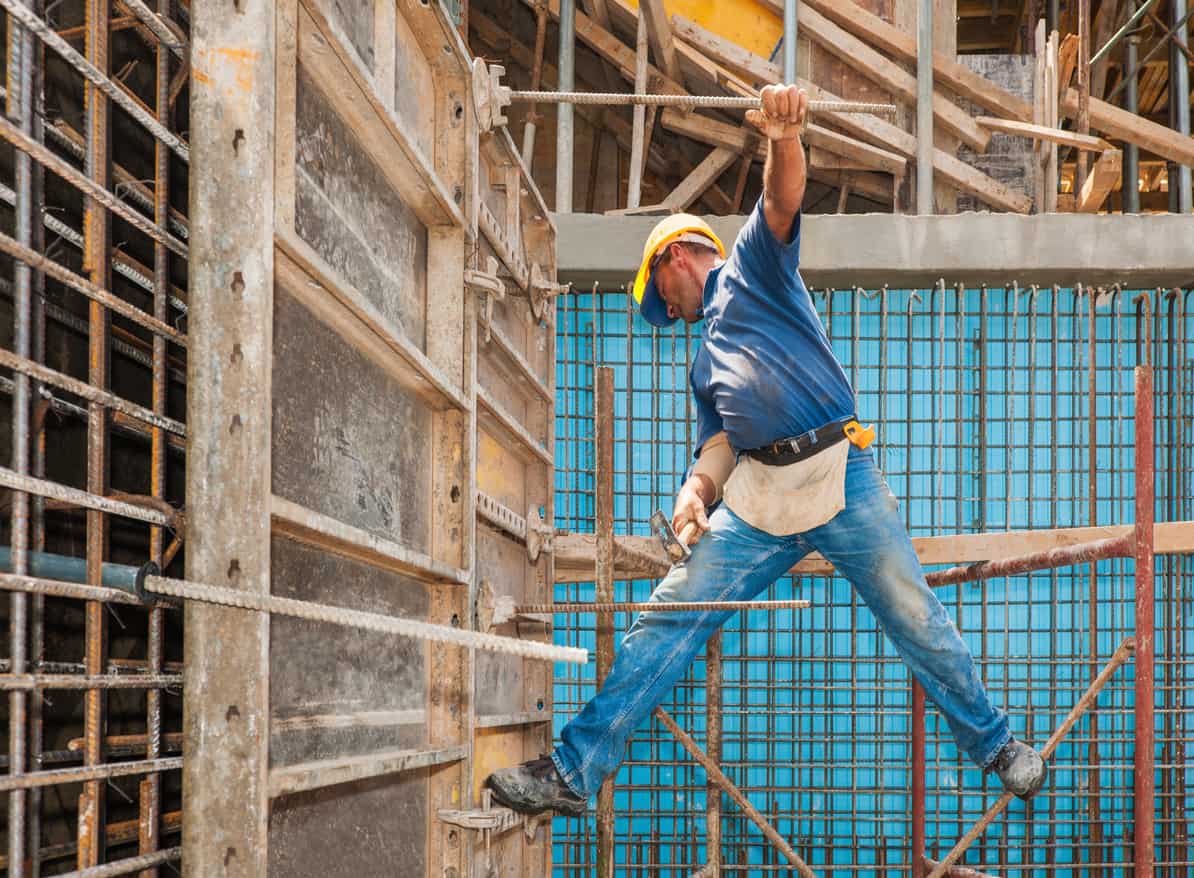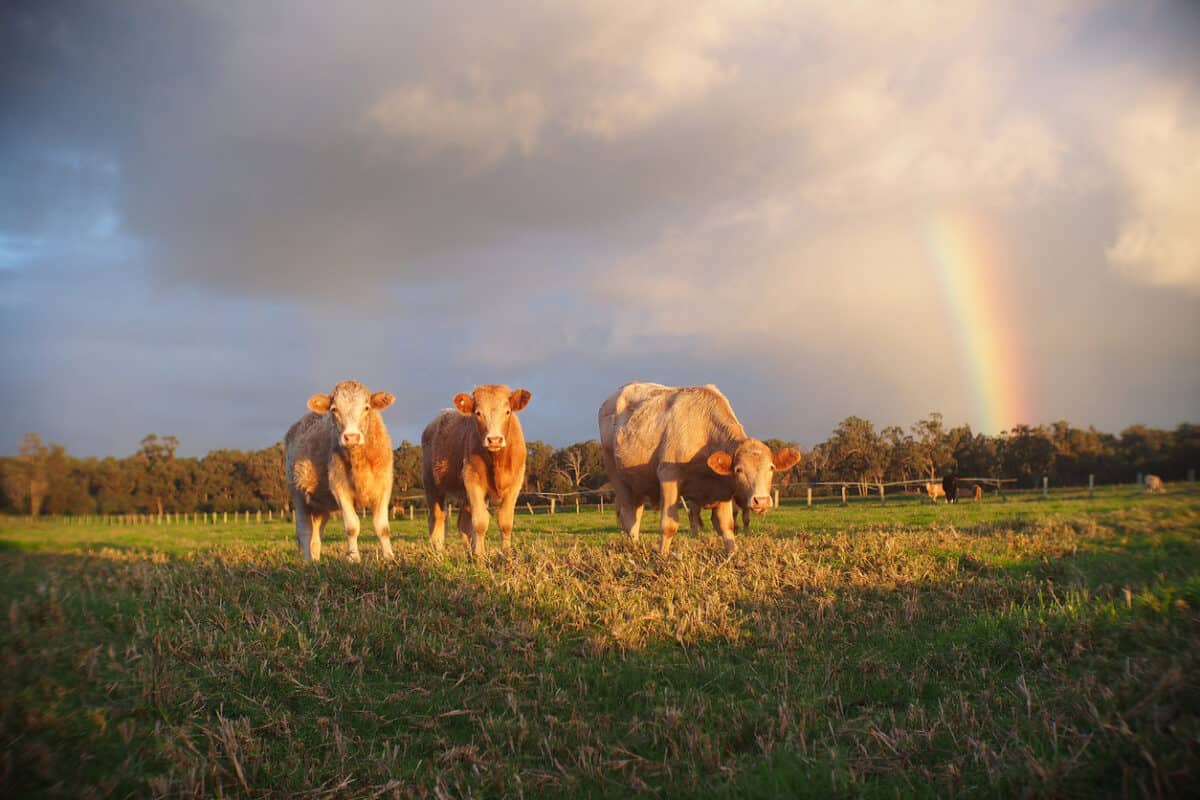In December 2021, five children died, and others were injured when an inflatable jumping castle lifted into the air after a strong gust of wind. WorkSafe Tasmania continues to investigate the incident, as is the Tasmanian Coroner. Recently the Coroner postponed the inquest because WorkSafe would not provide documents essential to the process, prolonging the grief of the families and the local community who want, and need, answers.
Category: Inspectors
Worker’s compensation explained in new social welfare book
Occupational health and safety (OHS) is an integral element of social welfare, even though the practitioners of the discipline self-silo. A new Australian book about Australia’s social services uses workers’ compensation and OHS as a case study for a change.
“The Careless State – Reforming Australia’s Social Services” by Mark Considine illustrates the Venn Diagram overlap of public health services, the National Disability Insurance Scheme (NDIS), aged care services, workplace safety and compensation and more. The book is very timely, as many of the social services essential for social harmony and justice have been neglected over the last decade under various State and Federal conservative governments.
A fair dinkum fair go?
A New Work Relations Architecture is a radical book for Australia. Radical because its authors are proposing industrial relations reform, and Australia has had very little of this since Prime Minister John Howard‘s attempt with Workchoices in 2005. Radical also because it has taken inspiration from the Robens approach to occupational health and safety (OHS) laws.
The new “architecture” (thankfully, the cliche of “ecosystem” was not used) is described as:
You don’t have to talk about OHS to talk about OHS
On November 16 2022, Tony Burke, Minister for Employment and Workplace Relations, spoke at the National Press Club in Canberra. Although his portfolio has occupational health and safety (OHS), workplace health and safety was mentioned only once in passing. In this instance, that’s okay because he is trying to pass a major piece of industrial relations (IR) law. But some of his speech raised issues related to work or how businesses are managed, which do have important OHS contexts.
Two OHS regulators under investigation
Almost all the government agencies that regulate occupational health and safety (OHS) in Australia have been subjected to various independent inquiries. These inquiries have been a mix of political, financial and cultural. The review of SafeworkSA closes submissions at the end of this week. SafeWorkNSW is to have a six-month audit (paywalled) of its performance by the NSW Auditor-General, according to Adele Ferguson in the Sydney Morning Herald.
The Auditor-General is yet to release a media statement on the audit, but Ferguson identifies several serious concerns.
SafeWorkSA’s approach to psychological harm is as much as it can do but doesn’t have to be
The harm presented by working in Australia’s mining sector has been a concern for a long time. Over the last decade or two, the psychosocial harm from the same work has come to the fore. The occupational health and safety (OHS) responsibility sits clearly with the employers who, in Australia, are often well-resourced national and international corporations. Recently SafeWorkSA issued a media release entitled “Sexual harassment in mining sparks campaign“. SafetyAtWorkBlog took the opportunity to put some questions to the South Australia OHS agency, to which it has responded.
“the job is never done”
Every so often, there are sufficient numbers of workplace deaths and injuries that a government feels the need to act. In 2019, the Queensland government closed down its mining sector for a “safety reset”, which required every mine worker to be retrained in occupational health and safety (OHS). Recently Western Australia needed to act on deaths in its farming sector and has established an inquiry into the issues.
Farming is perhaps the hardest industry in which to affect change. It is dominated by male workers and farmers. It has next to no union presence. OHS inspectors rarely attend farms except after a severe injury or death.







